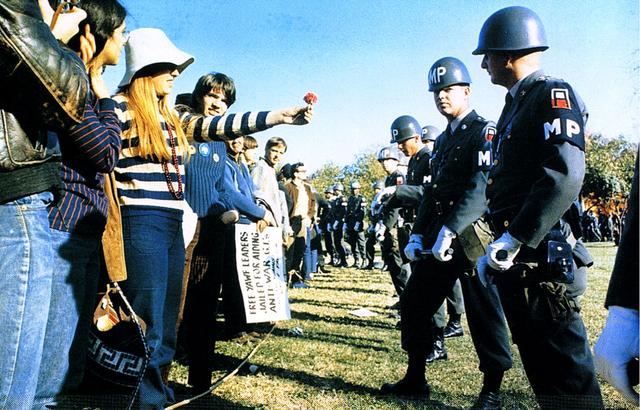Flower Power: Does OFAC’s Recent Enforcement Announcement Highlight Common Misunderstanding?

This week, the United States Department of the Treasury’s Office of Foreign Assets Control (“OFAC”) announced that it had settled an enforcement case with the PanAmerican Seed Company (“PanAmerican”) to the tune of $4,320,000. The settlement arose out of forty-eight (48) shipments of flower seeds to Iran through intermediaries in third countries. OFAC found that the base penalty for these violations was $12 million, and cited a number of factors it considered in coming to its final settlement amount. Such factors included allegations that PanAmerican was aware they were committing a violation, they sought to conceal their conduct, and the fact that they did not initially cooperate with OFAC, amongst others.
This announcement has been discussed on other blogs and law firm newsletters already, so I won’t spend any more time discussing the facts or the factors OFAC considered in arriving at that settlement amount. What this post is focused on is the recent trend of enforcement actions involving apparent violations of sanctions for conduct that was eligible for licensing. This week, OFAC found PanAmerican’s conduct to have been eligible for licensing under the Trade Sanctions Reform and Export Enhancement Act of 2000 (TSRA). Last week, OFAC announced a settlement with World Class Technology Corporation for exports of orthodontic devices that were eligible for licensing. In July, Alcon Laboratories, Inc. and other Alcon companies settled violations of OFAC regulations related to the export of medical devices and pharmaceuticals that also would have been eligible for export pursuant to TSRA. Indeed, about one-third of all enforcement announcements this year have involved violations of OFAC sanctions regulations for conduct that was eligible for licensing.
So what’s going on here? Is it lack of understanding as to what is prohibited, a desire to circumvent waiting times for OFAC license application processing, or something else? Of course, only OFAC and the parties involved know the true circumstances underlying why goods were exported illegally when they could have been exported with a license. However, there is one thing in common about these recent enforcement announcements involving potentially licensable transactions: they all involve food, agricultural commodities, medicine, or medical devices. In other words, they all involve goods that are commonly referred to as “humanitarian” exports and that could be exported to Iran or other countries pursuant to TSRA.
I have spoken to a number of people over the years who believe that “humanitarian” products are not “under sanctions.” While it is true that recently more general license authorizations have been issued to provide open authorizations to commercially export certain categories of “humanitarian goods”–i.e., food, agricultural commodities, certain medicines, and certain medical devices–it cannot be said that such goods are not “under sanctions.” Indeed, if they were not under sanctions there would be no reason for OFAC to generally authorize such exports. Could it be misunderstanding in the private sector that has caused these apparent violations which should never have occurred? There’s no telling. However, if someone tells you that certain items are not “under sanctions” you may want to double check to ensure that the goods are exempted or at a minimum, eligible for export under an OFAC general license.
The author of this blog is Erich Ferrari, an attorney specializing in OFAC matters. If you have any questions please contact him at 202-280-6370 or ferrari@ferrariassociatespc.com


